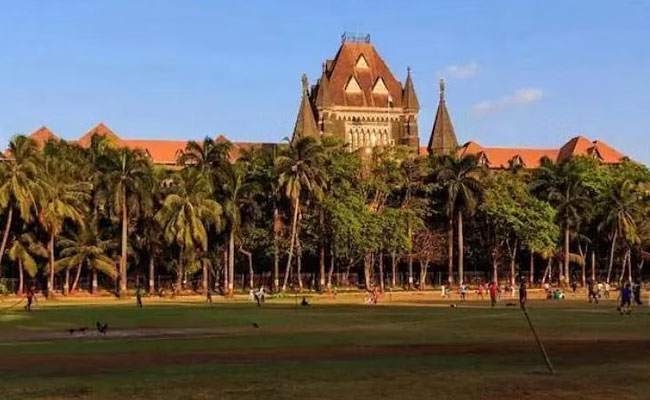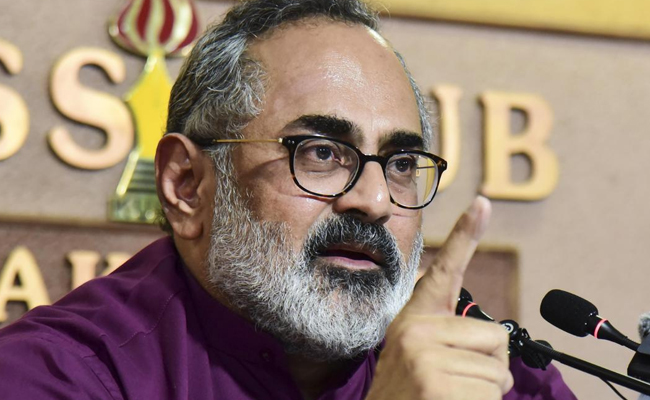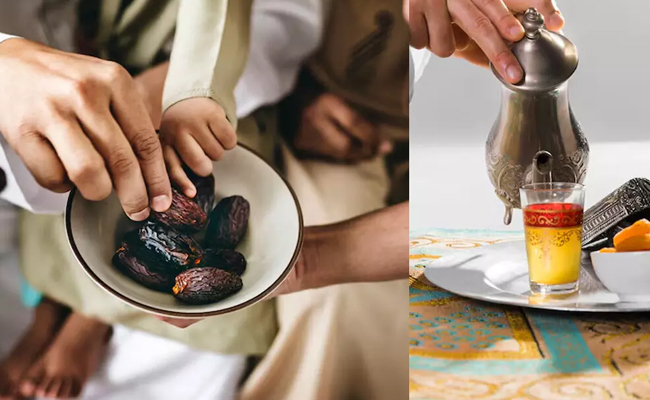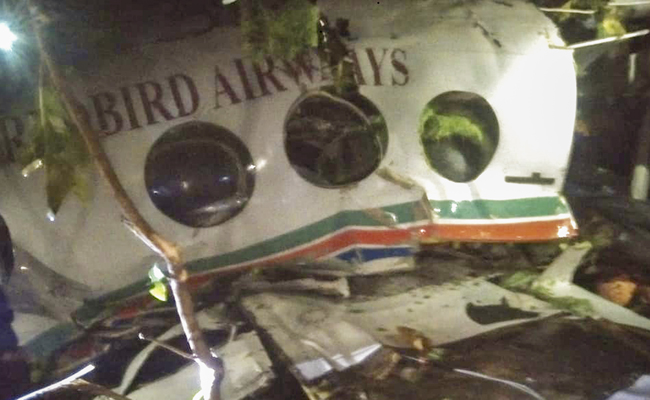Mumbai (PTI): The Bombay High Court has sought the assistance of the Central and Maharashtra governments to decide which proceedings are to be video recorded under the Scheduled Castes and Scheduled Tribes (Prevention of Atrocities) Act.
Section 15A (10) of this Act states that all proceedings relating to offences shall be video recorded.
In August 2019, a single bench of Justice Sadhana Jadhav referred the matter to the division bench for adjudication.
The HC had noted that the Act didn't mention what is to be considered as proceedings and that the word "proceedings" was not defined.
A division bench of Chief Justice D K Upadhaya and S V Kotwal on October 26 requested the Additional Solicitor General of India and the Advocate General of Maharashtra to address the court on the issue as it raises important questions.
The high court also appointed advocate Mayur Khandeparkar as amicus curiae (to assist the court).
The bench posted the matter for further hearing on December 15.
The single bench of Justice Jadhav in its 2019 order had said the issue regarding the implementation of this provision (section 15A-10) of the Act deserves to be referred to a larger bench to decide if proceedings would also amount to judicial proceedings, if it would be necessary to video record all such judicial proceedings even if the same are held in open courts, if hearing on bail pleas was proceedings as contemplated in the Act.
The bench was hearing bail pleas filed by three accused doctors Hema Ahuja, Bhakti Mehare and Ankita Khandelwal accused of abetting the suicide of their junior Dr Payal Tadvi in 2019.
Tadvi, a second-year postgraduate medical student attached to the civic-run BYL Nair hospital in Mumbai, committed suicide on May 22, 2019, in her hostel room after allegedly leaving behind a suicide note blaming the three seniors.
Dr Tadvi's family had alleged that the trio had harassed and ragged her and had also made casteist slurs against her.
The three accused were arrested and later released on bail.
Let the Truth be known. If you read VB and like VB, please be a VB Supporter and Help us deliver the Truth to one and all.
Judge cites denial of home to Muslim girl, opposition to Dalit women cooking mid-day meals
Hyderabad, February 23, 2026: Supreme Court judge Justice Ujjal Bhuyan has said that despite repeated affirmations of constitutional morality by courts, deep societal faultlines rooted in caste and religious discrimination continue to shape everyday realities in India.
Speaking at a seminar on “Constitutional Morality and the Role of District Judiciary” organised by the Telangana Judges Association and the Telangana State Judicial Academy in Hyderabad, Justice Bhuyan reflected on the gap between constitutional ideals and social practices.
He cited a recent instance involving his daughter’s friend, a PhD scholar at a private university in Noida, who was denied accommodation in South Delhi after her surname revealed her Muslim identity. According to Justice Bhuyan, the landlady bluntly informed her that no accommodation was available once her religious background became known.
In another example from Odisha, he referred to resistance by some parents to the government’s mid-day meal programme because the food was prepared by Dalit women employed as cooks. He noted that some parents had objected aggressively and refused to allow their children to consume meals cooked by members of the Scheduled Caste community.
Describing these incidents as “the tip of the iceberg,” Justice Bhuyan said they reveal how far society remains from the benchmark of constitutional morality even 75 years into the Republic. He observed that while the Constitution lays down standards of equality and dignity, the morality practised within homes and communities often diverges sharply from those values.
He emphasised that constitutional morality requires governance through the rule of law rather than the rule of popular opinion. Referring to the evolution of the doctrine through judicial decisions, he cited Naz Foundation v Union of India, in which the Delhi High Court read down Section 377 of the Indian Penal Code, holding that popular morality cannot restrict fundamental rights under Article 21. Though the judgment was later overturned in Suresh Kumar Koushal v Naz Foundation, the Supreme Court ultimately restored and expanded the principle in Navtej Singh Johar v Union of India, affirming that constitutional morality must prevail over majoritarian views.
“In our constitutional scheme, it is the constitutionality of the issue before the court that is relevant, not the dominant or popular view,” he said.
Justice Bhuyan also addressed the functioning of the district judiciary, underlining that trial courts are the first point of contact for most litigants and form the foundation of the justice delivery system. He stressed that due importance must be given to the recording of evidence and adjudication of bail matters.
Highlighting the role of High Courts, he said their supervisory jurisdiction under Article 227 of the Constitution is intended as a shield to correct grave jurisdictional errors, not as a mechanism to substitute the discretion or factual appreciation of trial judges.
He recalled that several distinguished judges, including Justice H R Khanna, Justice A M Ahmadi, and Justice Fathima Beevi, began their careers in the district judiciary.
On representation within the judicial system, Justice Bhuyan noted that Telangana has made significant strides in gender inclusion. Out of a sanctioned strength of 655 judicial officers in the Telangana Judicial Service, 478 are currently serving, of whom 283 are women, exceeding 50 per cent representation. He added that members of Scheduled Castes, Scheduled Tribes, minority communities, and persons with disabilities are also represented in the state’s judiciary.
He observed that greater representation of women, marginalised communities, persons with disabilities, and sexual minorities would help make the judiciary more inclusive and reflective of India’s diversity. “The judiciary must represent all the colours of the rainbow and become a rainbow institution,” he said.
Justice Bhuyan also referred to the recent restoration by the Supreme Court of the requirement of a minimum three years of practice at the Bar for entry-level judicial posts. While acknowledging that the requirement ensures practical exposure, he cautioned that its impact on women aspirants, especially those from rural or small-town backgrounds facing social and financial constraints, would need to be carefully observed over time.
Concluding his address, he reiterated that the justice system must strive to bridge the gap between constitutional ideals and lived realities, ensuring that the rule of law remains paramount.




